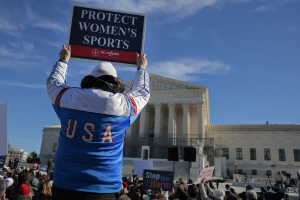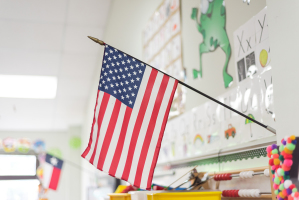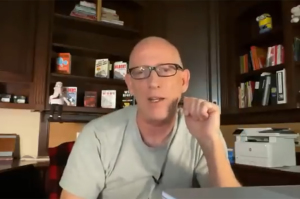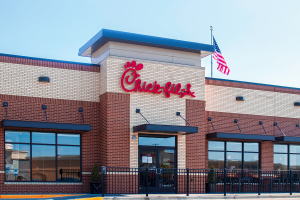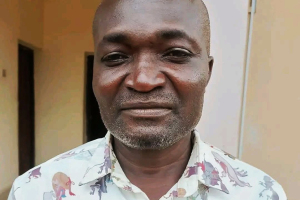Benghazi Embassy 'Struggled' to Obtain Additional Security, Officials Testify
State Dept. Never Concluded Attack Was Caused by Anti-Muslim Video, Official Says
The U.S. embassy in Benghazi, Libya, repeatedly requested additional security but were denied, officials who worked at the embassy testified at a Wednesday hearing before the House Oversight Committee. The U.S. State Department also now claims that it never concluded that the attack on the Benghazi Embassy was caused by an anti-Muslim video.
"The security in Benghazi was a struggle and remained a struggle throughout my time there. The situation remained uncertain and reports from some Libyans indicated it was getting worse. Diplomatic security remained weak. In April, there was only one U.S. diplomatic security agent stationed there. The [regional security officer] struggled to obtain additional personnel there but was never able to attain the numbers he felt comfortable with," Lt. Col. Andrew Wood said.
The Benghazi embassy was attack by the al-Qaida terrorist organization on Sept. 11. The terrorists killed four Americans in the attack, including Ambassador Chris Stevens.
Wood identified himself as the site security team commander in Libya from Feb. 12 to Aug. 14 of this year. He was not there to speak on behalf of the government but went to the committee as a whistle-blower. Wood was joined on the committee by another whistle-blower, Eric Nordstrom, who served as the regional security officer (RSO) for the U.S. Embassy in Tripoli, Libya, from Sept. 21, 2011, to July 26, 2012.
Testifying on behalf of the State Department, witnesses also included Charlene Lamb, deputy assistant secretary for international programs, and Ambassador Patrick Kennedy, under secretary for management.
In anticipation of the hearing, anonymous State Department officials held a conference call with reporters Wednesday night to provide a detailed timeline of what happened the night of the attack.
During the conference call, they clarified that there were no demonstrations or protests prior to the attack and claimed that the State Department had never concluded that the attack was caused by an anti-Muslim video on YouTube, which directly contradicts an earlier statement by a State Department spokesperson and other Obama administration officials.
The Sunday after the attack, United Nations Ambassador Susan Rice appeared on five talk shows. While noting that an investigation was ongoing, she said that the attacks appeared to result from a spontaneous demonstration over the video. The next day, a State Department spokesperson said that Rice's statements "accurately reflect our government's initial assessment."
A week after the attack, White House Press Secretary Jay Carney said there was "no evidence" that the attack was pre-planned. Time Magazine later reported that intelligence officials knew within 24 hours after the attack that it was a pre-planned attack by al-Qaida.
The State Department officials at the hearing argued that security was adequate for anticipated security threats at the time, but the attack on the Benghazi embassy was "unprecedented" and could not have been anticipated.
"The Department of State regularly assesses risk and allocation of resources for security; a process which involves the considered judgments of experienced professionals on the ground and in Washington, using the best information available. The assault that occurred on the evening of September 11, however, was an unprecedented attack by dozens of heavily armed men," Kennedy said.















